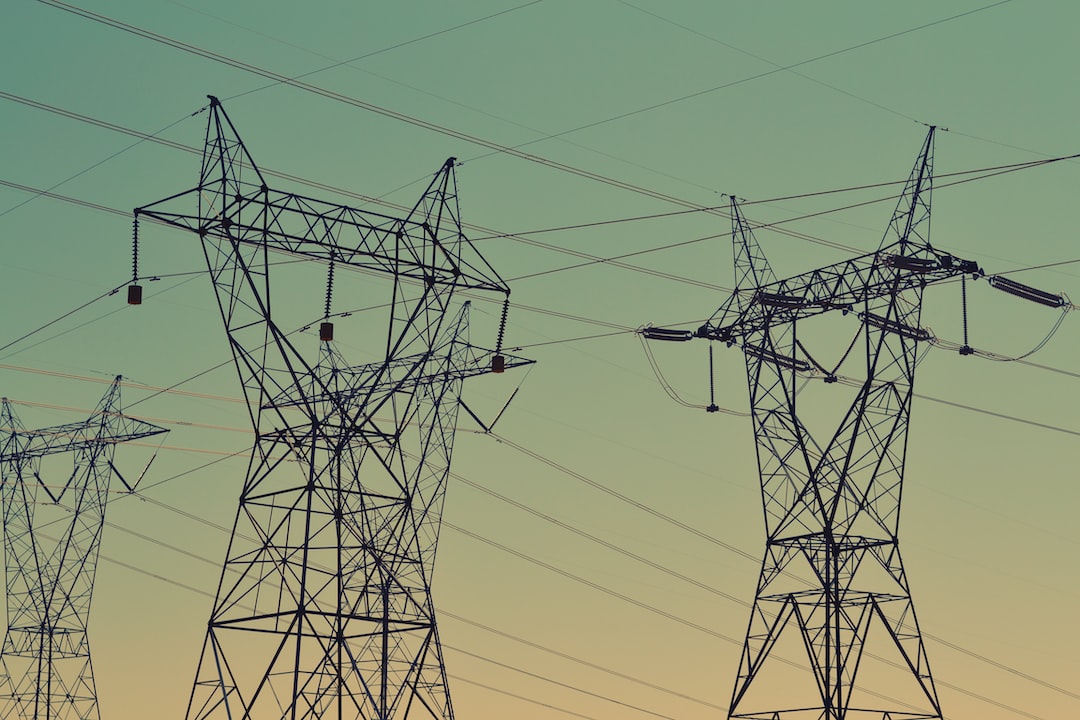If you’re aiming to streamline your energy expenses, a fixed-rate plan could be the perfect fit. These plans provide a consistent price per unit of energy throughout the duration of your contract, ensuring stability until its completion.
But are there any disadvantages to this type of plan? The answer depends on your household’s energy needs.
Contents
What is a Fixed Rate Plan?
A fixed-rate plan for electricity means that the price per kilowatt hour will stay constant throughout your agreement. This differs from a variable rate energy plan where the monthly rate per kilowatt can fluctuate.
The popularity of fixed-rate plans is because they provide consumers with certainty regarding their energy costs. The rate per ccf/therm or kWh will not increase during the contract term.
Whether or not you should choose a fixed or variable energy plan depends on how you use power and how you budget your energy costs. While fixed-rate plans are more popular, there are benefits to choosing a variable energy plan as well.
For example, if you opt for a variable-rate energy plan and market prices dip, you can benefit from lower rates by switching providers. However, it is important to remember that you may incur early termination charges if you decide to switch providers within 14 days before your contract expiration. Running an energy plan comparison when your contract is about to end is always a good idea. This will allow you to find the best plan for your home.
What is the Benefit of a Fixed Rate Plan?
A fixed-rate plan will determine your energy prices for the entire contract term. This provides consistency and makes budgeting easier for consumers. Predicting energy prices based on weather and demand can be challenging, so having a fixed-rate plan can give you peace of mind. Considering a fixed-rate energy plan provided by Plano electric company, it is best to lock in your electricity rate during these months when prices are at their lowest.
One major advantage of opting for a fixed-rate energy plan is the certainty of having a consistent energy cost throughout your contract. This stability can aid you in creating a more precise budget for your business, consequently saving you money in the long term. However, it is worth noting that fixed-rate plans have certain drawbacks that require careful consideration before deciding.
What is the Disadvantage of a Fixed Rate Plan?
Opting for a fixed-rate plan ensures your energy costs remain stable throughout your contract. This plan type guarantees a consistent price per kilowatt-hour, which makes it easier to plan and budget your monthly energy expenses. It also shelters you from unexpected energy rate hikes, which are more common in variable-rate plans.
However, there are some downsides to choosing a fixed-rate plan. One of the biggest disadvantages is that your price will stay the same if market prices fall. This can be a big issue if you live in an area that experiences extreme hot or cold temperatures. During these times, electricity prices tend to skyrocket, which can significantly increase your bill.
In addition, if your electricity rates rise after you sign a fixed-rate contract, you will be stuck paying the higher rate until your contract expires. This can be a huge disadvantage if you seek ways to save money on your energy bills.
Another disadvantage of a fixed-rate plan is that switching to a new energy provider or plan can be difficult if needed. Many electricity providers offer fixed-rate plans with different lengths of contracts, so it’s important to check the details before making a decision. If you switch to a new plan, change before your current contract ends to avoid early termination fees.
What is the Difference Between a Fixed Rate Plan and a Variable Rate Plan?
A fixed-rate energy plan will charge a set price per kilowatt hour for the duration of your contract. With a variable-rate electricity plan, your price will depend on current market prices and your consumption needs. This makes it easy to estimate your electricity costs and budget for the long term. Unfortunately, this also means that if you sign up for a variable-rate energy plan when market prices are high, you will have to endure higher bills throughout your contract.
A variable-rate energy plan is ideal for consumers following the market and watching prices. Lower market prices can mean lower electricity bills for variable-rate customers. In addition, a variable-rate plan is often month-to-month with no early termination fees. This allows you to switch providers and plans if you find better deals.
While a fixed rate plan may seem like the best option for many consumers, some need the security of a steady bill. Suppose you need to help budget your energy needs or live in an area where weather conditions can change dramatically. In that case, a variable-rate energy plan may suit your needs. However, follow the energy market closely and change your usage habits to save money with a variable-rate plan.



